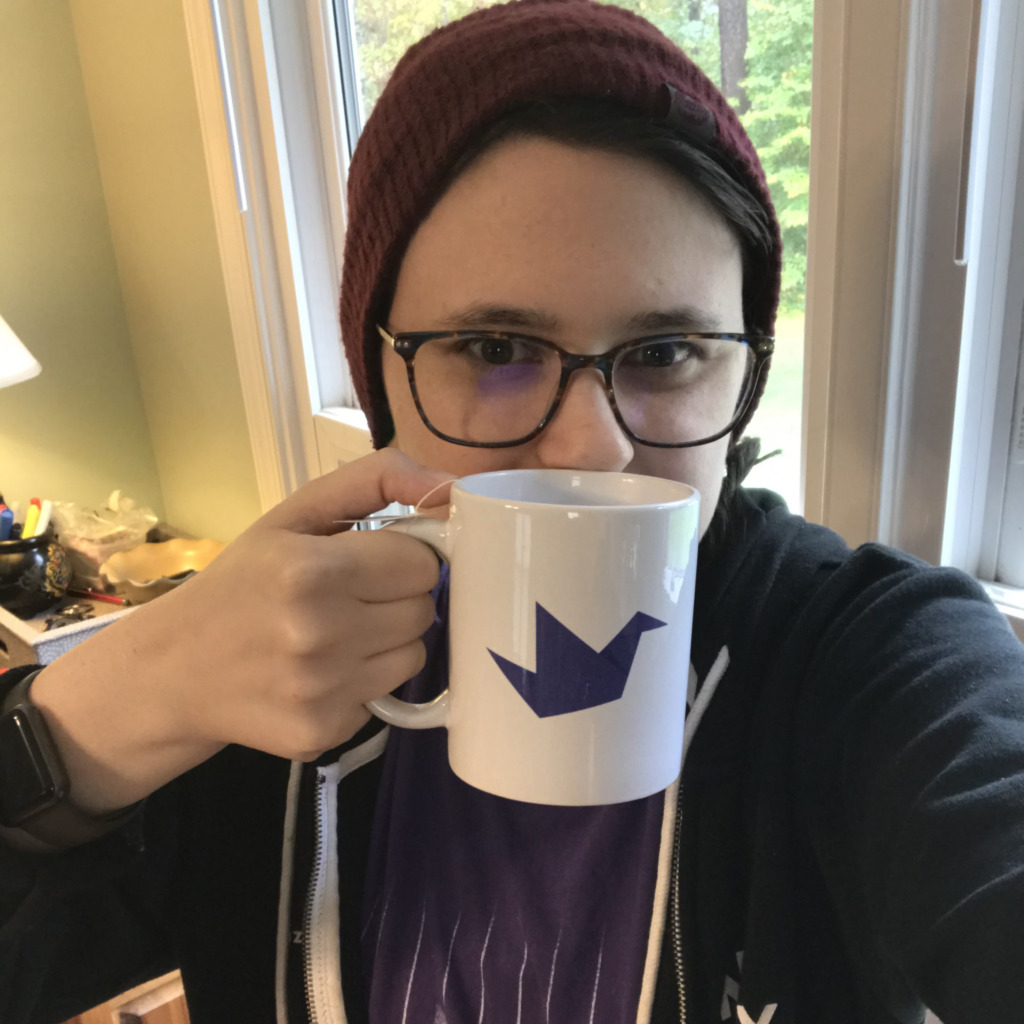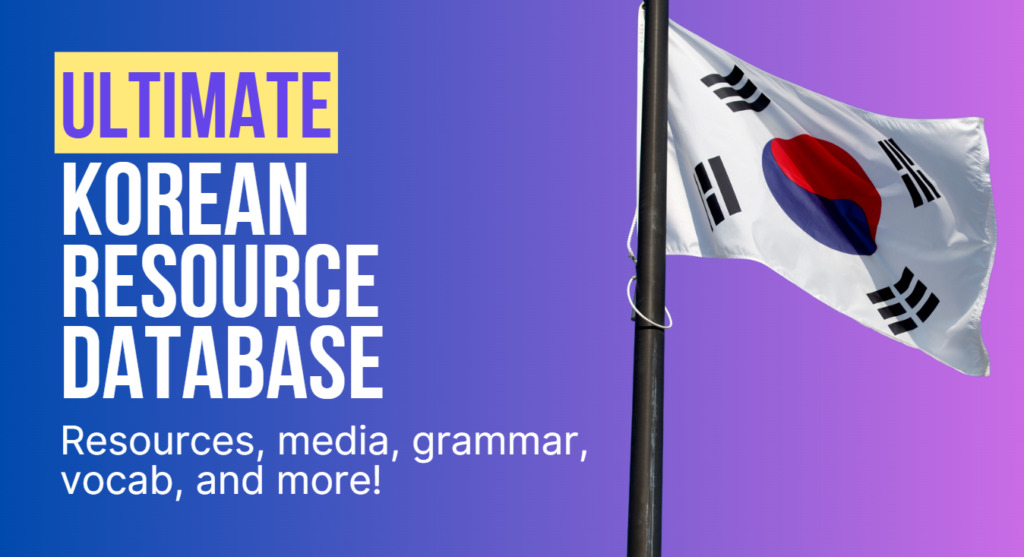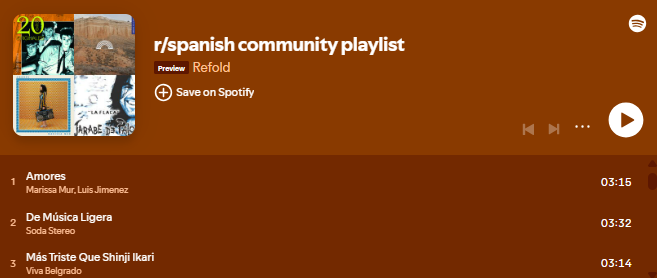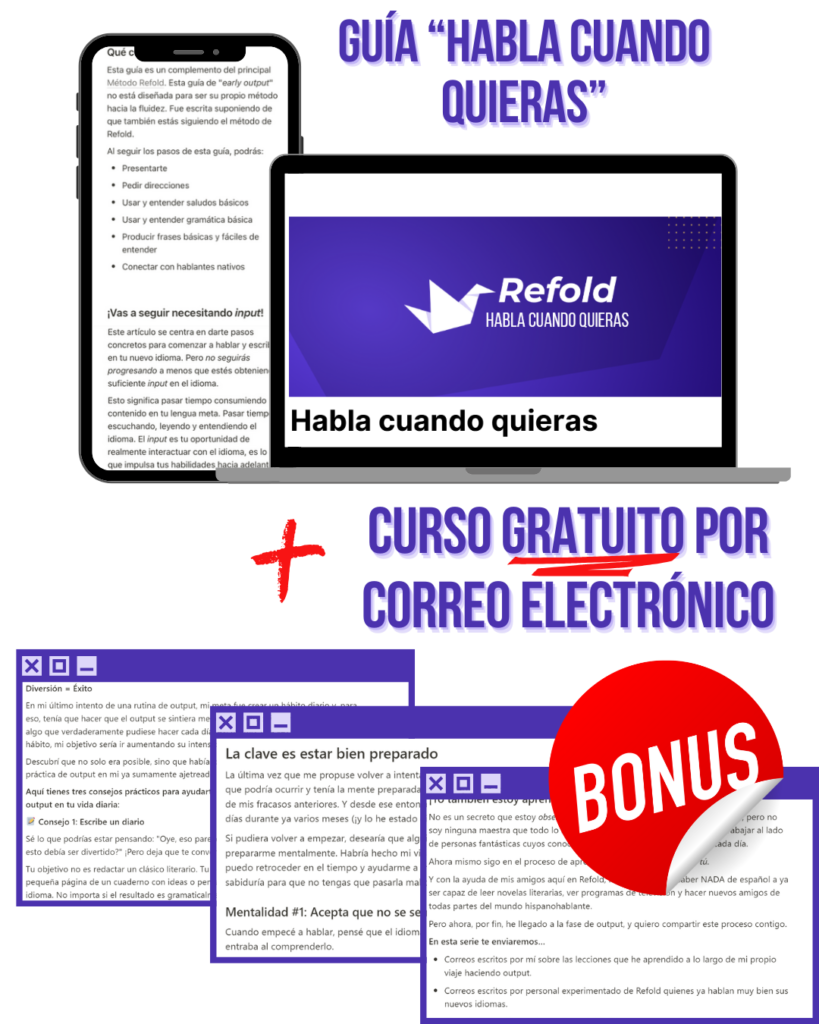Introduction
My name is Dylan. Most people probably know me on discord or Reddit as DJ_Ddawg. People often ask me, how many hours to learn Japanese?
I have been learning Japanese for just over 2 years at this point (started on May 17, 2020) and I used an immersion approach the entire time.
I am 21 years old and am currently a senior in college studying physics, with a minor in Mathematics, and I am also in Naval ROTC.
How did you discover Refold?
I had discovered Matt’s YouTube channel in late 2019 and had watched most of his videos on learning Japanese since I was interested in doing so. I didn’t start learning Japanese until Summer 2020 when he had released his Japanese quick start guide on the old MIA website.
Why did you choose Japanese?
I have done Judo since I was a teenager (age 13) and this was initially what got me interested in Japan and Japanese culture. I had seen some anime at the time (Naruto), but was never really into other anime.
I have the opportunity to live in Japan for the Navy, so learning Japanese has practical benefits for my daily life. The Navy will also pay me up to an extra $500/month if I pass the DLPT, so there is monetary incentive as well.
The groundwork was entirely laid out for me: I found Matt’s old Japanese quick-start guide on the MIA website and simply had to execute what was written down. This made it incredibly easy to start, as I didn’t have any doubt about what I needed to do. Execute, do the grind work, improve.
Future dreams and goals with Japanese?
- I should be moving abroad to live in Japan within the next couple of years. I hope to live there for at least a couple of years.
- I am possibly looking into going to grad school in Japan and doing my master’s degree there (ideally the content will all be in Japanese). This isn’t a guarantee, however, and I could just as well end up going to an American university and using the GI bill to pay for it, depending on what university I want to go to. I could always do both (Free masters at an American college and then pay for my own at a Japanese university if I want a second one).
- I think it would be really cool to go to Announcer/Narrator/Voice Acting school in Japan in order to work on my speaking ability/accent.
How has Refold changed your outlook on Language Learning?
I had essentially no clue on how to learn a language before coming across Matt vs Japan’s YouTube channel, and my only experience was learning languages in middle and high school via classes (which didn’t have much success).
I jumped full dive into immersing and learning Japanese as much as possible and haven’t looked back. I’ve made significant progress in my ability to read, listen, and speak in the target language, essentially going from zero to now being able to read most novels, watch Netflix and YouTube videos, listen to Podcasts, and have conversations with native speakers with little difficulty.
I still have quite a bit of ways to go and there are always things to improve upon in language learning, but I now have a systematic approach for going about tackling these problems and simply need to put in the work in order to do it. Having a solid methodology is an important part of language learning, and I am 100% confident in the methodology that Refold promotes.
What was your experience learning languages before immersion learning?
I had done 2 years of Spanish in Middle School and 3 years of Russian in High School.
The Spanish classes were entirely traditional “classroom” style of learning: memorize vocab lists, grammar tables, do output exercises, etc. I never listened/watch/read any Spanish content and thus never got very far.
The Russian classes were actually a style of “comprehensible input” learning, since my teacher was aware of Krashen’s work. We would be told stories in easy Russian using vocab that we had just learned (using mnemonics). Essentially, our teacher would just gossip to us in Russian about recent events in her life while making sure that we understood what she was talking about using pictures, gestures, etc.
We still did some traditional grammar learning and output exercises, but learning the language through stories was probably the most effective portion of the class. We would also watch old soviet films with Russian subtitles every week. In the higher level classes, we would also read some graded readers and would then have to write about them in Russian (which would then be corrected).
How has your opinion of Japanese changed over time?
I think a lot of people fall into a trap of thinking that Japanese is something special, when it really isn’t. Japanese is simply a tool for communication information with other people — the same as any other language. Knowing a second language isn’t really something special, and it isn’t going to fundamentally change your personality/who you are. So if you are doing it to escape to a more “exotic” society, then you should probably re-evaluate why you want to learn Japanese. Many people over exoticize Japan and then are incredibly disappointed later on once they have sunk thousands of hours into learning the language and learning that the culture/people/media aren’t what they expected it to be in the beginning.
It is best to temper your expectations in the beginning and have solid reasons for wanting to learn a language to a high level. Language learning requires an exorbitant amount of time and is something that you will have to do every day for the rest of your life. If you aren’t prepared to commit to that relationship (marriage) then you probably shouldn’t learn a second language.
My opinion of Japanese really hasn’t changed at all over time. It is simply a tool — just as I expected it to be. I enjoy reading and listening to various content and talking with other people — regardless of language. I just made the active decision to try to do most of that in Japanese.
You will find that going full dive into Japanese immersion will mean that you naturally have to cut out most English sources of media from your life. You probably won’t be able to talk about that awesome Netflix TV show that just came out with your friends and family.
You might have to sacrifice hobbies in order to devote that time to studying and immersing in your target language. You will probably spend a large majority of your time learning a second language alone, in your room, on your computer or iPad reading some news article, looking up unknown words, struggling and fighting your way just to understand basic messages.
This is simply the reality of language learning. You are trying to install a completely new operating system in your brain from scratch — that’s going to require a massive amount of time in order to get good at reading, listening, speaking, and writing in a foreign language effortlessly. It is a constant uphill battle where you won’t see progress on the day-to-day timescale. However, you must persevere and continue every day if you want to improve.
How many hours did you immerse per day?
On average, I usually did 5-6 hours per day actively.
~3-4 hours of Active Listening (maybe ~40 – 60% with Japanese subs)
~1-2 hours of Reading
~30 minutes of Anki (~10-15 new cards per day)
Passive listening throughout the day when I can.
If I could do more (like on the weekends or during vacation) then I would try to.
At a minimum, I tried to aim for ~2 hours per day when I was really busy in school.
~1 hour listening
~1 hour reading
~finish Anki reps + 5-10 new cards.
I was generally able to average ~500 hours every 3 months.
When were you able to start enjoying (and understanding) immersion?
I speed ran the beginning stage in the summer of 2020 and then started sentence mining from my immersion material.
- I finished the Recognition RTK deck in about 2 weeks and simply watched a lot of raw anime and terrace house at the time. I didn’t understand anything, but I was able to just sit down and watch/listen for hours a day.
- I would practice recognizing the Kanji I had learned that day by watching some content with Japanese subtitles. I felt massive boosts from day to day since I was learning ~100 cards per day and the kanji learned were so high frequency.
- I finished the Tango N5/N4 decks and read through (skimmed) Tae Kim’s grammar guide in another 2 weeks and was able to start understanding NHK easy news and anime with JP subs at this point.
- I took another two months to go through the Tango N3 deck and sentence mine the Dictionary of Basic Japanese Grammar while also doing the Monolingual transition.
- After this point I simply sentence mined my immersion material, did Anki, and used monolingual dictionaries. So it took about ~3 months of full time study/immersion (~500 hours) before I was able to work my way through an anime like Death Note (while watching with Japanese subtitles) or an actual NHK news article and be able to understand it.
- After about another 3 months of this (~1000 hours total), I started reading my first Light Novel and was able to work my way through about a volume per week (maybe reading ~1-2 hours per day).
- After about 1 year (~2000 hours total) I was pretty comfortable watching most TV shows with JP subs and not needing to look much up (~couple words per episode). If I was reading books, then I was fine as long as I was able to use Yomichan to look up unknown words (~8-12 words per page).
- After about 18 months (~3000 hours) I started having conversations with actual Japanese people and found that I was able to just jump into having full conversations without too much difficulty or having spoken before. Of course, I made mistakes with vocab and grammar, but I was able to communicate ideas much better than those who had only done Japanese classes.
- After 2 years (~4000 hours) I can pretty much read most modern light novels without too much difficulty (~1-3 unknown words per page) and can watch raw anime/YouTube videos or listen to podcasts and understand 98%+ the majority of the time. Older literature from the early 20th century is still difficult and has a lot of unknown words. I still have a lot of room to improve my output ability and correct mistakes in grammar, vocab, and accent.
What are your thoughts on tracking your progress?
I’ve had periods of intensively tracking my immersion, as well as periods of not bothering at all. Both have their benefits. Personally, I don’t track anymore because I can’t be bothered to do it and would rather just actually immerse and have fun with the language.
Benefits of Tracking Stats:
- Set goals and stay consistent.
- Putting in numbers everyday shows you exactly how much you actually did on a day-to-day basis and can be a good “gut check” to make sure that you are actually putting in the work that is necessary to get the progress that you are wanting.
- You can reflect back on monthly progress and try to beat your numbers next month.
- Scientific data that you can show or share with others.
Benefits of not tracking:
- Tracking is kind of a pain to do and can actually get in the way with just sitting down and immersing. You might find yourself too worried about making sure that you are “recording the numbers” instead of just actually doing what is important — lots of listening and reading.
- Tracking can be inconsistent sometimes.
- Listening to podcasts is more “intense” than listening to YouTube videos or anime.
- Reading light novels is more intense than reading manga.
- Doing hybrid listening/reading (watching anime with JP subs, reading along with an audiobook, etc.) is difficult to track.
If you want to use a spreadsheet to track your stats then I recommend the following spreadsheet (I made it): https://docs.google.com/spreadsheets/d/18uPz-xQvAH1shTXr6Wj3feHCJkF92G-3y7pHlEgA0To/edit
Thoughts on Reading?
I think reading is perhaps one of the most effective and fun ways to learn a language. There is such a wide swath of material that it is virtually unlimited: novels, light novels, visual novels, Wikipedia, blogs, twitter, manga, etc. I think fiction is really great for boosting your descriptive vocabulary, while non-fiction is great for learning about new things in your target language. I particularly like reading about history, religion, and philosophy when I read non-fiction.
I also think that the written language has a much wider usage of vocabulary and grammar than the spoken language, so it is great for continuing to boost your language abilities to an advanced level and being able to speak on more complex topics that may not come up in your listening immersion.
Those reasons make the written language harder to “burst into” than listening material. I think it is totally fine to start out using graded readers and watch anime with Japanese subtitles when you first start out. I particularly read a lot of NHK Easy News, and a lot of children folk tales on http://hukumusume.com/douwa/. However, eventually you do have to start reading novels, and there really isn’t an approach other than brute force and total volume. Read, look up unknown words with Yomichan, sentence mine, repeat.
The only downside to reading is that you aren’t hearing native speakers pronounce the words as you are reading. I don’t know if reading “damages”’ pronunciation, but I think that the gains of reading far outweigh any negative benefits (which can be negated by doing more listening immersion). I think that listening to audiobooks after you finish a book is a great thing to do and makes for excellent shadowing material. I don’t think that you shouldn’t read or put off reading — there are simply too many benefits to ignore it and progress with an all audio approach is much slower + has negligible (if any) benefits. Even if you don’t like reading, I think you should try to get in at least an hour a day.
One way that you can use your reading to improve your accent is by reading aloud and having native speakers correct your pronunciation/accent/intonation; you can use Discord or Italki for this. A tutor might be the best option because you are paying them to correct you, while a friend you usually talk to will probably not want to fix all of your mistakes. A lot of members in the community recommend doing this “pitch focused reading” to work on your accent because it forces you to know the pitch accent of the words as you are reading them aloud. You shouldn’t always do this when reading, but it is a great exercise that you can use to improve your speaking ability and is a “hardcore” approach to fixing your accent, since you will have to look up the correct pronunciation of words that you aren’t sure of.
Other thoughts?
I spent way too much time writing this.
Like what you see?
Sign up now and we'll deliver even MORE amazing content like this right to your inbox!
- Receive our exclusive 6 SECRETS to language learning success email course.
- Stay motivated with weekly emails overflowing with helpful language-learning tips, tutorials, and more!
- Get behind the scenes access into the inner workings of Refold!









